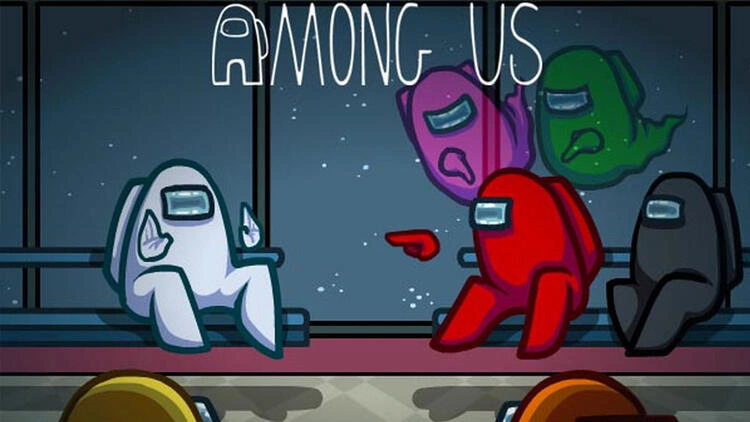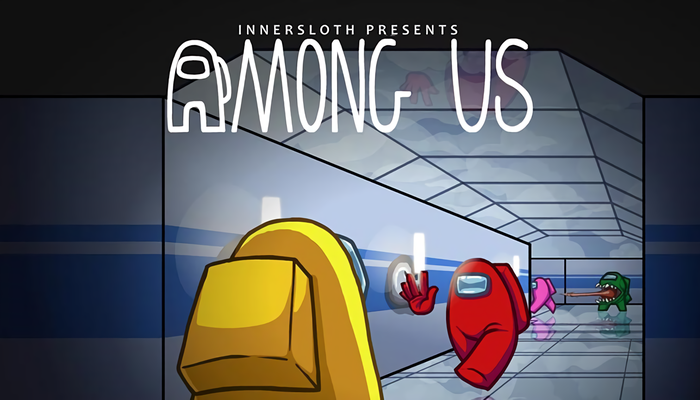The Ultimate Guide to Dominating As Impostor and Detective in Among Us
- 2024-04-06 10:50
- 6 Comments

Navigating the deceit and detection within the corridors of Among Us requires more than mere luck. Whether you find yourself orchestrating deceptions as the impostor or unraveling them as a detective, understanding the nuances of both roles is essential. This guide sheds light on sophisticated strategies that can significantly elevate your gameplay, transforming you into a formidable opponent. With focus, patience, and the tactics we unveil, mastering the art of deception and detection is within reach.
Advanced Strategies for the Seasoned Impostor

Domination as an impostor in Among Us does not solely rely on your ability to elude capture but in crafting a narrative that others willingly believe. This demands a blend of strategic sabotage, calculated confrontations, and an understanding of social dynamics within the crew. By leveraging the environment and the tasks at hand, an impostor can create a complex web of deceit that is difficult for the crewmates to unravel.
Secrecy is your cornerstone; however, excessive silence can arouse suspicion. Engage with your crewmates, participate in discussions, and offer helpful insights without steering too much attention toward yourself. Striking the perfect balance between visibility and invisibility is key. When it comes to setting up scenarios that mislead your crewmates, timing, and place play pivotal roles. Sabotaging critical systems to separate crewmates, utilizing vent systems effectively without being spotted, and framing others wisely can sow the seeds of confusion and discord among the crew. Remember, every action should serve the narrative you’ve built around your innocence, creating a smokescreen that keeps your true intentions obscured.
The Detective's Path: Unveiling the Truth Among Shadows

As a detective in Among Us, your mission transcends mere task completion; you are the bulwark against deception, tasked with peeling back layers of lies to protect your crew. Vigilance and critical thinking are your best allies, allowing you to identify discrepancies in stories and behaviors that hint at an impostor’s identity. Developing a keen sense of observation enables you to notice when tasks are being faked or when someone’s movement patterns don't align with their claims. Keeping a mental note of each crewmate's activities and cross-referencing them during discussions can unveil contradictions, guiding you closer to the truth.
Strategic communication is also vital. While it’s important to share your findings with the crew, timing, and delivery are crucial to ensure your insights are considered and not dismissed as paranoia. Cultivating trust is essential; achieving this means demonstrating your commitment to the crew’s survival through diligent task completion and reasoned debate. Question anomalies in behavior or task performance gently, inviting explanations rather than immediately casting blame. This approach not only makes it harder for the impostor to discredit you but also fosters a cooperative environment where others feel safe sharing their suspicions, ultimately leading to more informed voting decisions. Patience and perception are the detective’s greatest virtues, enabling you to navigate the web of deceit and emerge victorious.






Leave a comment